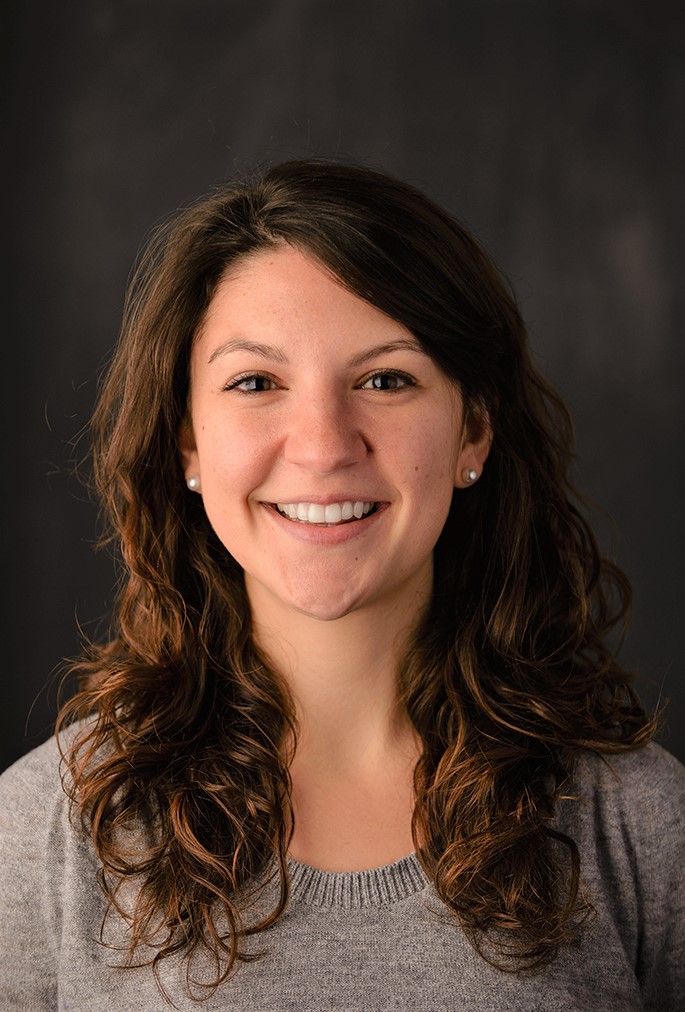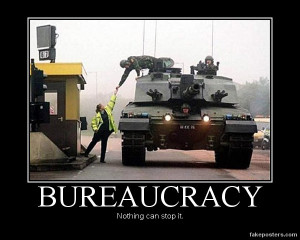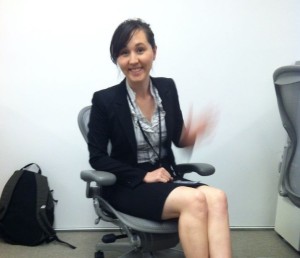Maria Winters DiMarco is an MAIR student who will be finishing her last semester of school interning at WeConnect International in Washington, DC.
This summer, I had the opportunity to intern with the State Department in the Environment, Science, Technology, and Health section (ESTH), housed within the Econ office at the U.S. Embassy in Rome. The embassy compound in Rome actually houses three separate missions — the U.S. Mission to Italy, the U.S. Mission to the Holy See, and the U.S. Mission to the United Nations Agencies in Rome, so I had the opportunity to not only learn from the Foreign Service Officers (FSOs) in my section, but also from people from various cones within the Foreign Service and those who are employed through the State Department outside of the FS.
The ESTH section is responsible for facilitating cooperation between the United States and Italy on many topics, including but not limited to: International Climate Change Negotiations and Sustainable Development, Emissions Trading System, Civilian Space Cooperation (manned and unmanned scientific missions), Resource Conservation and Wildlife Protection, Marine Science, Illegal Fishing, and Technical Aspects of Nuclear Nonproliferation. My responsibilities included attending related conferences and events in Rome and reporting back to the office on main highlights and drafting the quarterly newsletter that gets sent to DC and other embassies around the world. I also aided in the development of a memo that outlined an interpretation of Italian law enforcement for environmental crimes.

In addition to these tasks, I was also able to shadow FSOs in the consular section, and met with FSOs in the Political and Public Diplomacy tracks, as well. The embassy was very focused on ensuring that interns received a comprehensive understanding of how the mission operates and what life as an FSO is really like. As an MAIR student on the career track for Governance, Diplomacy, and International Organizations, I appreciated having this opportunity to experience the types of careers the State Department can offer after graduation. I encourage any student who thinks they may potentially be interested in diplomacy and the foreign service to apply for a State Department internship. I have met several FSO reps at job fairs and while they are helpful in answering questions, nothing replaces the actual experience of seeing their work in action and having the opportunity to assist the mission, even just for a short period of time.




